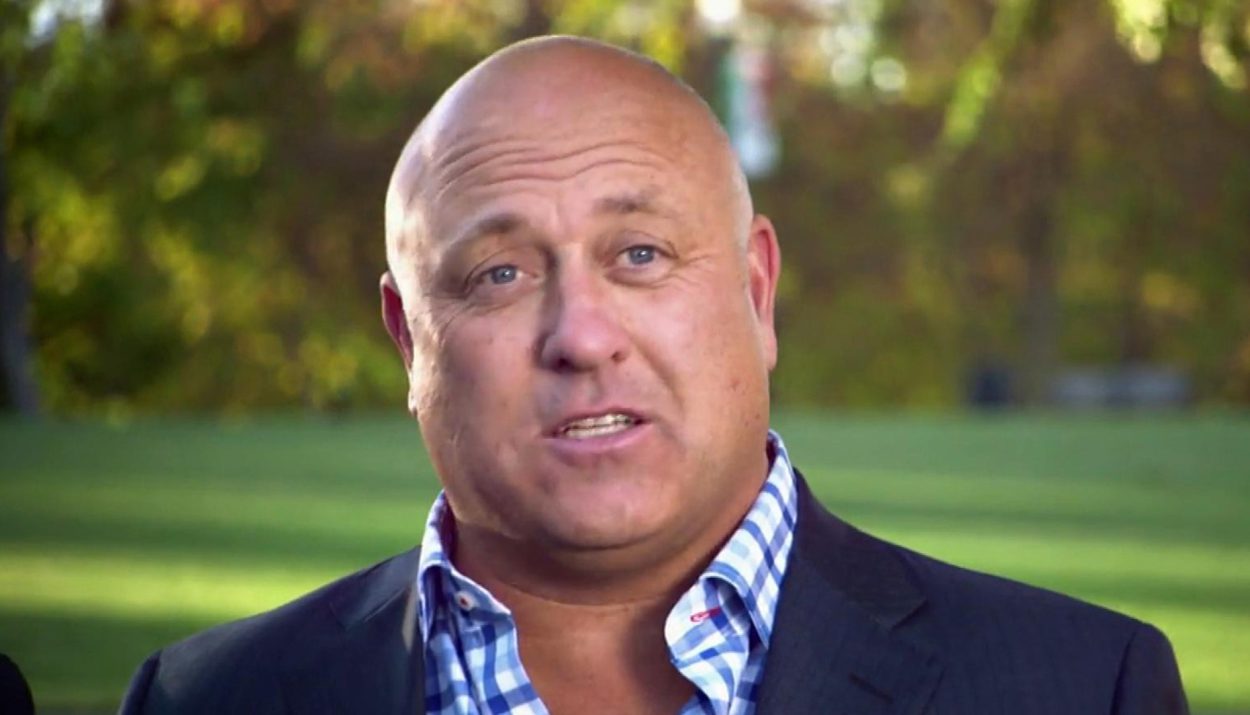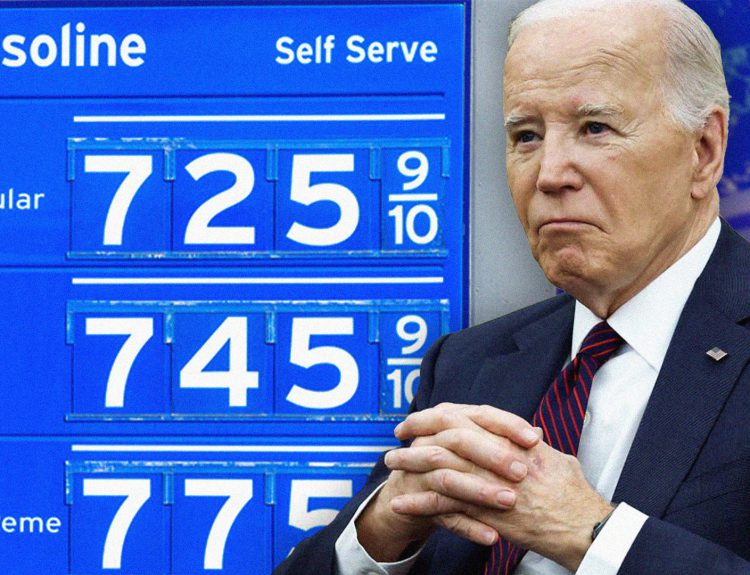Reality television creates a toxic environment that breeds as many criminals as it does celebrities. While the nature of these crimes is hugely variable, it’s always a nearly inevitable fact that people who participate in criminal activity are caught. This pattern goes double for people in the public eye, like those on TV.
A Reality Star Charged With Fraud
Charles “Todd” Hill, the former star of HGTV’s 2014 show Flip It to Win It, was recently convicted on significant fraud charges, stemming from a scheme that was almost 10 years in the making.
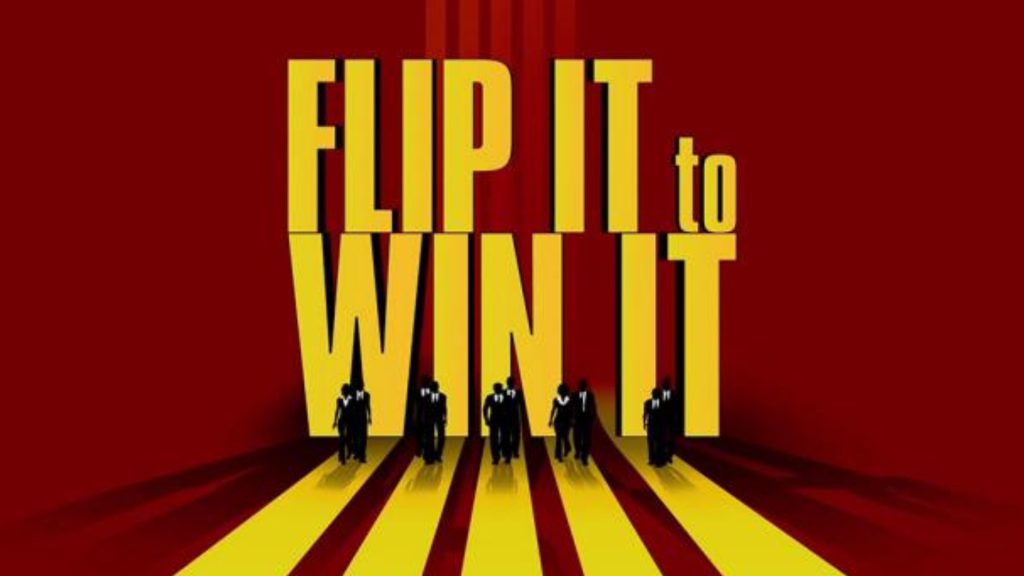
Flip It to Win It was a reality show that focused on house flippers in Silicon Valley, and specifically the Bay Area. This is an area of the country that is incredibly expensive, even for houses that are run-down. It’s unattainable for many people to even consider living there, and the reality show allowed the rest of America to live vicariously through the people who owned the homes on the show, even for a little while.
Reality Shows Focusing on Drama
Reality shows often focus more on the drama of everyday situations, rather than the reality of them, and Flip It to Win It was no exception. Blog posts about the show acknowledge that, while entertaining, the show didn’t show any of the real work really necessary to flip houses, or the challenges that can come along with it.
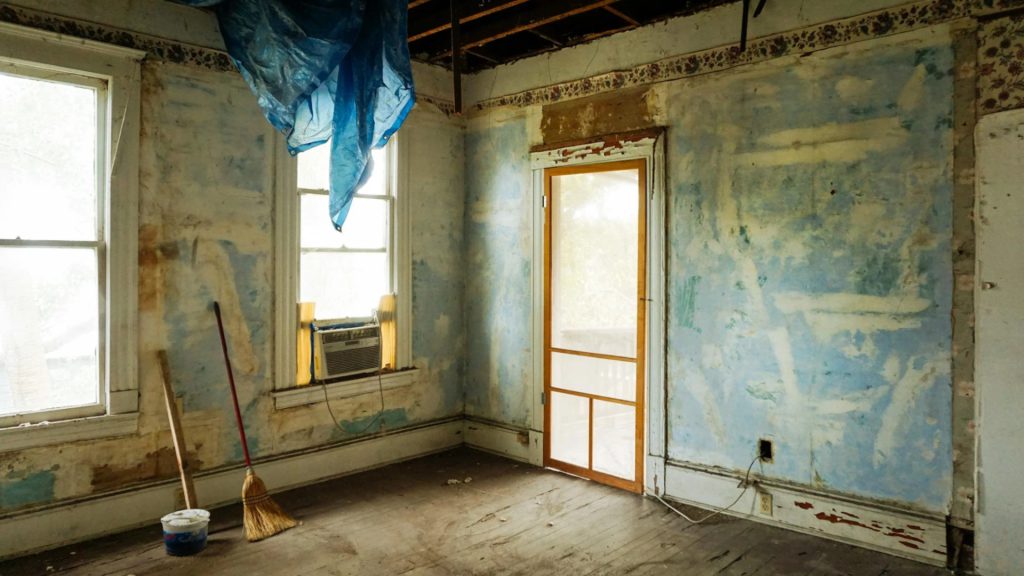
It didn’t take long for viewers to start to see inconsistencies in the show. One house flipper from the Bay Area, in a blog post discussing the situation, explained that he was curious about checking out the houses that were allegedly being flipped on the show, as many of them were directly in his area.
The “Reality” in Reality TV
The flipper immediately realized that something was off when he didn’t recognize any of the street names that were being listed in the show. He acknowledged that this may have been an attempt at privacy for the homeowners on the show, but something still seemed fishy.

The biggest tip-off to something being wrong, though, was the purchase of a home for $300k in the suburb of Sunnyvale. Not only was there nothing listed at that price in Sunnyvale at the time, but the idea of a two-acre country home being purchased in a high-density city like Sunnyvale was “insulting.”
Canceled Due to Lawsuit
The show’s purchase prices, lengths of projects, and costs of renovation were generally correct, according to this real estate professional, though the final listed profits of each property were overly simplified and inaccurate. And while the show was generally entertaining for its viewers, it was canceled after one season due to a lawsuit that was brought by Charles Hill’s longtime partner.

The lawsuit against Hill alleged that more than $6 million had gone missing and was unaccounted for. These accusations were merely the beginning of Hill’s legal troubles surrounding this house flipping business, though, which finally caught up to Hill when he was first arrested and charged with fraud in 2019.
Hill Charged With Multiple Fraud Schemes
Hill was charged with multiple fraud schemes, some of which dated back to his time on HGTV. 11 victims were ultimately affected by Hill’s actions, which are still affecting all of them to this day.

Hill engaged in multiple different types of fraud during his years working with these victims. In one case, he diverted the funds for a construction project for personal use. In another instance, he created a Ponzi scheme by taking an investor’s money budgeted to buy homes, and instead, used it to live extravagantly.
An Insidious Type of Fraud
Ponzi schemes are a particularly insidious type of fraud, which lures investors and pays profits to earlier investors with funds from more recent investors. This type of scheme misleads investors by either falsely suggesting that profits are derived from legitimate business activities, or by exaggerating the profitability of legitimate business activities.

Ponzi schemes are named after Charles Ponzi who was an Italian con artist from the early twentieth century. His scheme ran for over a year before it collapsed, costing his “investors” $20 million.
Similar to Other Schemes
Ponzi schemes are similar to other types of illegal fraud, such as pyramid schemes. The profitability of both requires both faith, and a constant supply of new investors to ensure the oldest investors are none the wiser to the scheme.
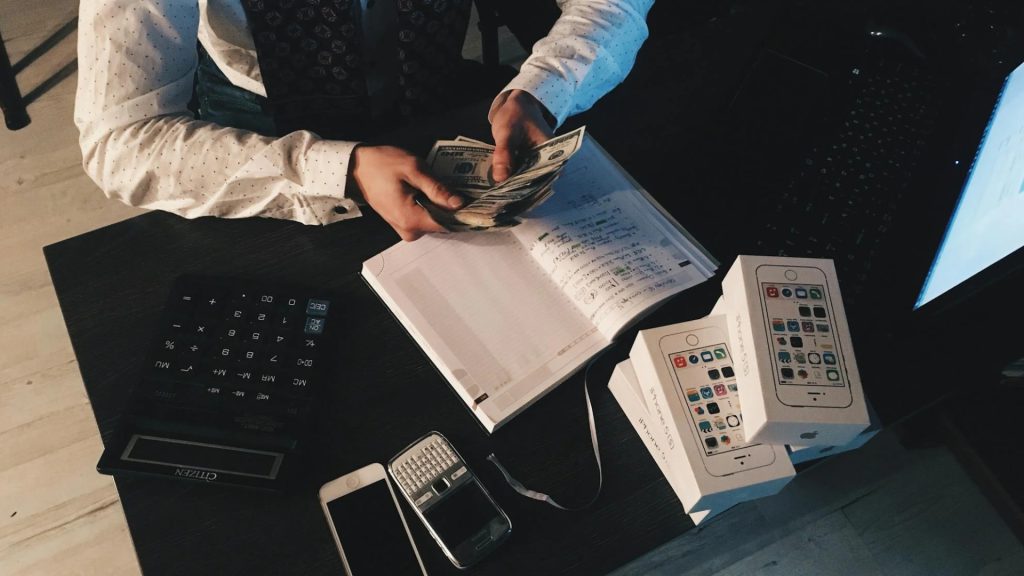
Hill managed to cover up the numbers of his fraud through money laundering. He started a company with an investor, and then laundered the financial accounts that he had complete control over. He falsified balance sheets, and then fraudulently obtained loans that he lived lavishly on.
Hill Got Sloppy, Hill Got Caught
Hill didn’t follow through on any of the promises that he made in his business dealings with various individuals either, which also led to him getting caught.
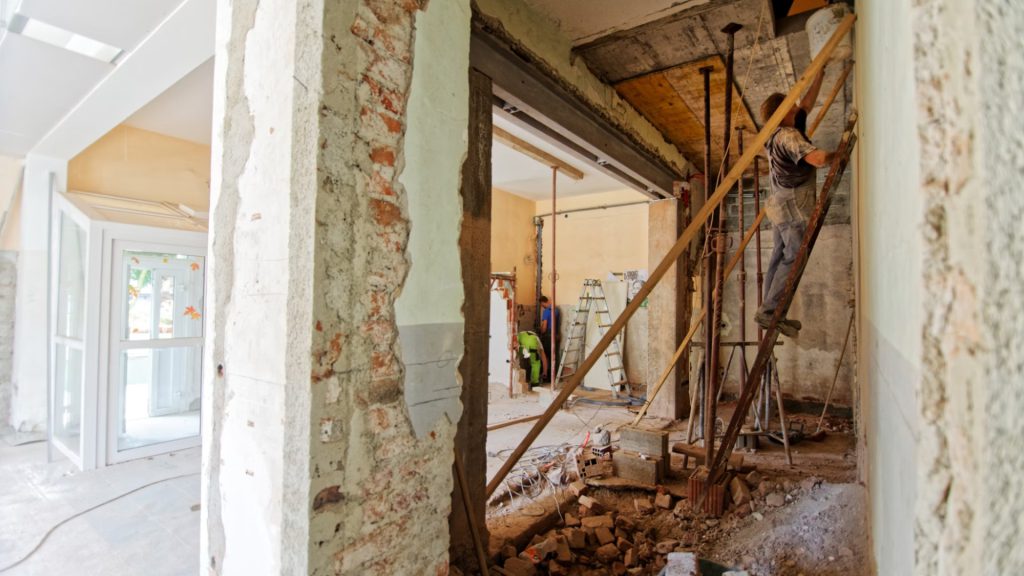
Victims of his scheme were left with either unfinished homes, or barely finished homes that they were meant to finish themselves. In one extreme case, an investor toured a home for which he had provided $250,000 for remodeling, and found it to be a burnt down shell with absolutely no work having been done on it.
Staggering Amounts of Money Involved
The amount of money that Hill handled during his fraudulent schemes was staggering. Millions of dollars went unaccounted for during his years of scheming, and his victims were significantly impacted by his actions.

Businesses were shut down and one person even lost their home as a result of Hill’s schemes. The consequences of his actions are wide-ranging, and it’s justice that Hill has finally been forced to face the consequences for his years of scheming and thrifting.
Hill’s Victims Seeing Justice
Hill was found guilty of his crimes last year, and earlier this week, Hill’s victims finally got to see justice. Hill was sentenced to four years in jail for his scheming, and was also ordered to pay nearly $10 million to his victims for real estate and financial fraud.

Prosecutor Oanh Tran said that Hill’s scams impacted 18 homes in the Silicon valley. “I think this is a major real estate fraud case,” he said. “There are 11 victims here who are still dealing with the fallout.”
Opinions From Beau Eckstein
One man who worked with Hill, Beau Eckstein, had a relatively positive experience with him on HGTV. He’s a man with over 20 years of experience in residential and commercial financing, a fact that may have factored into his work with Hill.

“I’ve made lots of loans and when people tell you their rehab budget is $100k, you can always count on it going to be 24% more, at least. When someone says they’re going to rehab a house in six months, it’s going to take a year.” He said as a lender, it’s most important to understand numbers, in order to protect your investment.
A Statement from the DA
Hill admitted to grand theft, with aggravated white-collar enhancements for committing real estate and financial fraud in his case.

Jeff Rosen, the District Attorney, said that this is far from the first or only time that someone has committed fraud in Silicon Valley. “Some see the huge amount of money in Silicon Valley real estate as a business opportunity. Others, unfortunately, see it as a criminal opportunity – and we will hold those people strictly accountable.”
A Bleak Future for Hill
HGTV has yet to release a statement on the legal woes of their former employee, but realistically, it’s unlikely that a statement will come. Hill was a short-term employee of the network, and his financial schemes spanned years, both before and after he was on Flip It to Win It.
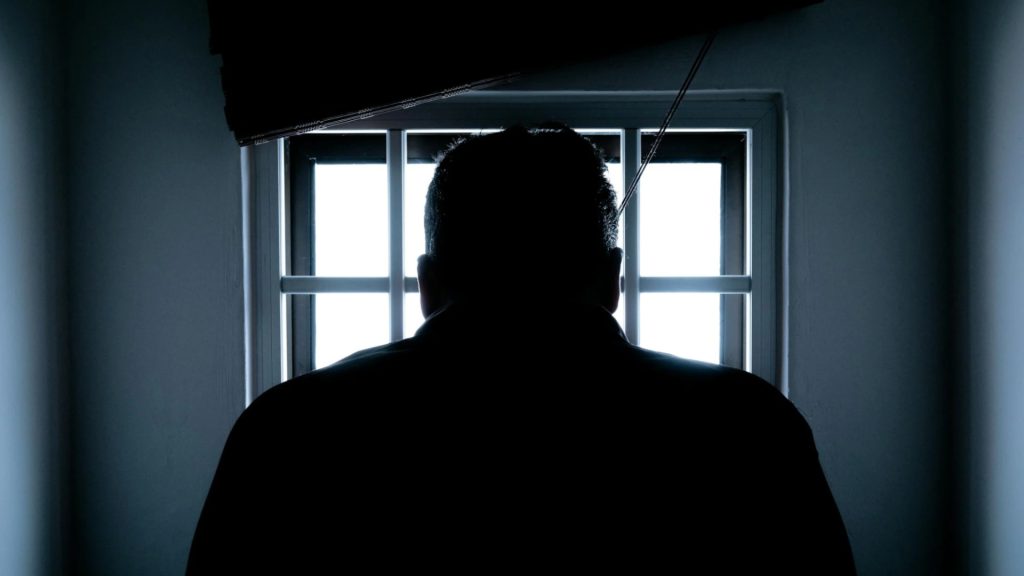
The types of financial crimes that Hill’s victims were subject to are particularly horrific, and it’s likely that they will be digging themselves out of the hole that Hill threw them in for quite some time. It’s a small mercy that they found justice in the legal system, and Hill will hopefully have a lot of time to himself in jail to think about what he’s done, and find it in himself to change and be a better man once he gets out.

